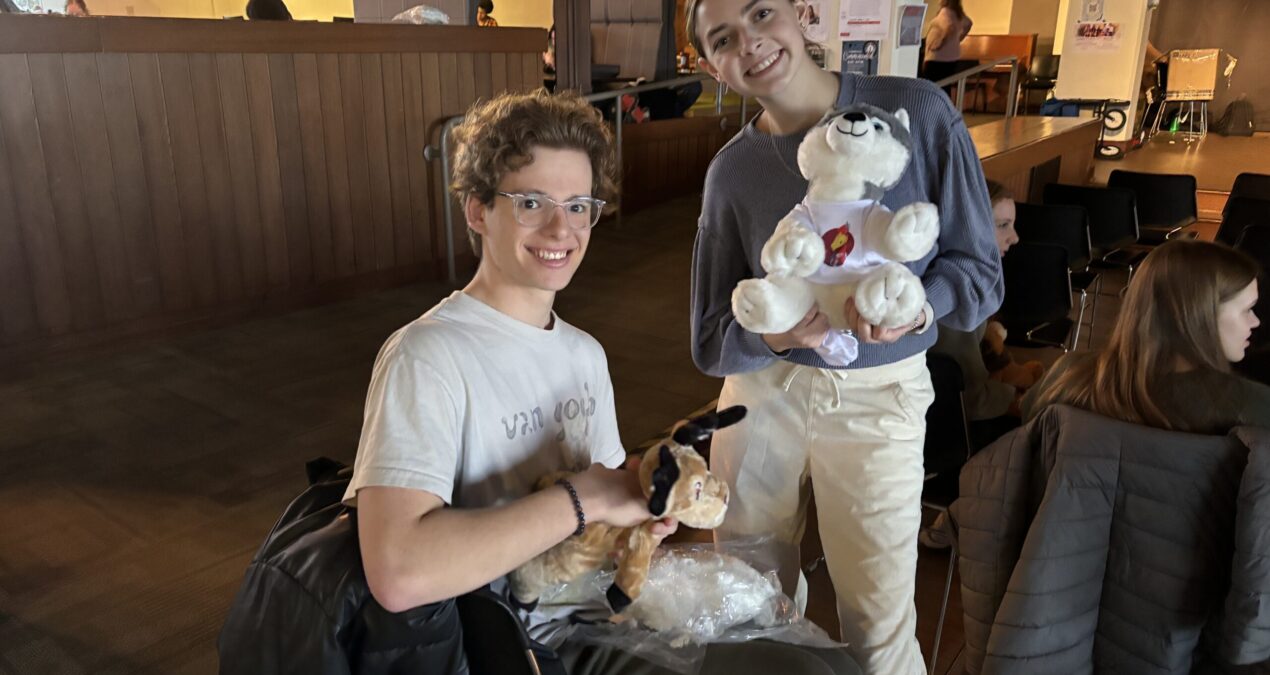Donald Keough & Talya Dersu, News Editor and Staff Writer–
June-O (June Orientation) has been an incoming trend for first-year students for years.
In the past, June-O would consist of certain dates throughout the month of June that first-year students would attend, where they would create their fall semester’s schedule.
Now, June-O is being replaced with one-on-one online sessions in July with a First-Year Fellow, (a student leader.)
“Aug-O,” which is the August Orientation before students start classes, will still take place but now all incoming first-year students will be required to go on an off-campus orientation (previously known as “Pre-O”). This off-campus portion includes 17 trips instead of nine, and will allow students to travel off campus to explore something that relates to their interests, like camping, theater, business or gaming.
First-Year Fellows will guide their students both through online registration in July and Aug-O programming. They will also be assisting in advising circles, which are one-credit courses where small groups of students meet with a professor advisor, during the fall semester.
“I think it’s pretty exciting … I do think it is sad to be leaving June-O and moving on and transitioning, but I do think in the long run this will be a lot more convenient because also it’s a very tedious process behind the scenes,” Tenzin Kunga ‘25 said, an office assistant for the First-Year Office.
Through this transition, the First-Year Office hopes to remove a variety of barriers for students.
“You look behind the scenes and you think about some of the challenges that some students who maybe aren’t as financially able face,” Kunga said. “June-O requires a $250 fee for covering all the costs it takes to run the program. [The office] is not necessarily able to waive that fee.”
Aug-O fees will now be built into students’ tuition, so first-year students won’t have to pay out of pocket for Aug-O fees like they have in previous years. The online orientation will also allow the office staff to have less physical planning, and provide students with equal opportunities to classes.
“As good as June-O was, there was no guarantee that a student would get the classes they want for their major when you had the same chance as someone who wants to take that class as a GE,” said Cathy Dollard, the Senior Associate of the Provost Office, during a meeting with faculty from multiple campus departments to discuss the First-Year Reboot.
Andrew McNutt, the Assistant Director of First-Year Experience, also spoke on the changes in the programing.
“We’ve extended [previous opportunities] out to all folks so that they get the same experience.” McNutt said. “So removing all the barriers for folks to have the same tools to have a really successful career”
First-year students will continue to meet with their orientation leaders until December, and these meetings along with advising circles, which are small groups of students who meet with an advisor every week, are designed to help students out with issues they face during their first semester.
“[They’ll] be talking about expectations out of the classroom, and what to do when you hit that point and are like, ‘hey I’m really struggling.’” said Andrew McNutt, the Assistant Director of First-Year Experience.
The orientation change has been in the works since before COVID, however recently staff has took the last steps in finalizing the changes in how first-year orientation operates.
“Over the past 14 months, we really started thinking about how we’re going to make changes.” said Nathan Graves, the director of orientation and first-year experience. “It’s been nice to hear the voices from different places of campus that are really impacted by this whole campus initiative that we’re working on right now.”
And as these changes are put into place, the First-Year office plans to continue making the necessary changes as they are presented.
“While we are working through things, we’re gonna evaluate everything that we do.” McNutt said. “We’re gonna be like, ‘okay, did we do it well? What parts were really good, and what weren’t?’
McNutt also added that he hopes this shift will best support the first-year students to become successful.
“In terms of this transition, we believe strongly that with everybody on the same track, the same trends, that they’ll have the same tools to succeed.” McNutt said.

